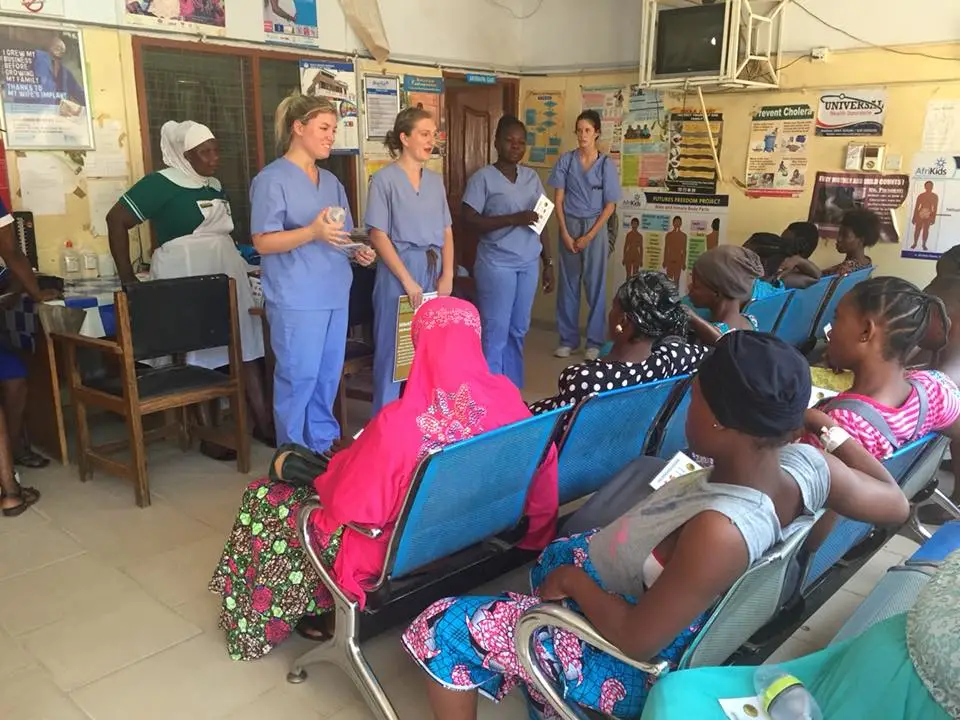
1. Understand the Posting Process
- Initial Posting: After completing your nursing education and passing the licensure examination, the Ghana Health Service (GHS) typically assigns you to a region based on the country’s healthcare needs. New nurses often have less control over their initial postings.
- Application for Posting: Nurses usually submit their posting preferences during their final year or after passing the licensure exam. The GHS considers these preferences but prioritizes regions with shortages.
2. Leverage Networking and Connections
- Utilize Professional Contacts: If you know someone working in the healthcare system, such as a senior nurse, health director, or administrative officer, they might help you influence your posting. However, this should be done ethically and within the bounds of the law.
- Community Engagement: Engage with local health authorities or community leaders in your preferred region. They can advocate on your behalf to the GHS.
3. Demonstrate Flexibility and Commitment
- Willingness to Serve in Underserved Areas: Some nurses volunteer to serve in underserved or rural areas initially. This can be a strategic move to gain favour and request a transfer to your preferred region later.
- Specialization and Skills: Acquiring specialized skills that are in high demand can give you an edge. Nurses with critical skills might have more leverage in negotiating their postings.
4. Submit a Strong Application
- Personalize Your Request: When submitting your posting request, clearly state why you prefer a specific region. Highlight any personal or family ties, and explain how your placement there will benefit both you and the region.
Follow Up: After submitting your application, follow up with the relevant authorities. Regular communication with the Ghana Health Service (GHS) or the Ministry of Health can help keep your application top of mind and demonstrate your commitment to the posting.
5. Engage with Local Authorities
- Local Health Administration: Reach out to the Regional Health Directorate or District Health Management Team in your preferred region. Express your interest in working in that area, and if possible, have them advocate on your behalf to the national office.
- Community Leaders and Chiefs: In some cases, local traditional authorities or community leaders can write letters of support for your posting to their region. This can add weight to your request.
6. Leverage Transfer Opportunities
- Internal Transfers: If you’re already working as a nurse in a different region, you can apply for an internal transfer to your preferred location. This may take time, but being patient and consistently applying when opportunities arise can eventually get you to your desired region.
- Priority Transfers: If you have strong personal reasons (e.g., family commitments, health issues), you might be able to apply for a priority transfer. Documentation of these reasons can help in making your case.
7. Stay Informed and Persistent
- Stay Updated: Keep an eye on official announcements from the GHS and the Ministry of Health regarding postings and transfers. Being informed allows you to take advantage of opportunities as they arise.
- Be Persistent: If your initial request is not granted, don’t be discouraged. Continue to work diligently in your current posting and reapply during subsequent transfer windows. Persistence is often key in achieving your goal.
8. Consider Further Education
- Pursue Advanced Training: Specialized training or further education in high-demand areas (such as public health, midwifery, or critical care) can increase your value to the healthcare system, making it easier to negotiate for a posting in your preferred region.
9. Utilize Legal and Ethical Channels
- Ethical Conduct: Always ensure that you follow legal and ethical guidelines throughout the process. Avoid engaging in any form of corruption or bribery, as this can have serious consequences for your career.
- Legal Support: If you encounter issues or feel your request is being unfairly handled, you may seek advice from legal or professional bodies like the Ghana Registered Nurses and Midwives Association (GRNMA) or UPNMG
10. Prepare for Potential Delays
- Be Patient: Understand that the process can take time, and be prepared for possible delays. While it’s important to be proactive, it’s equally crucial to remain patient and continue to perform well in your current position.